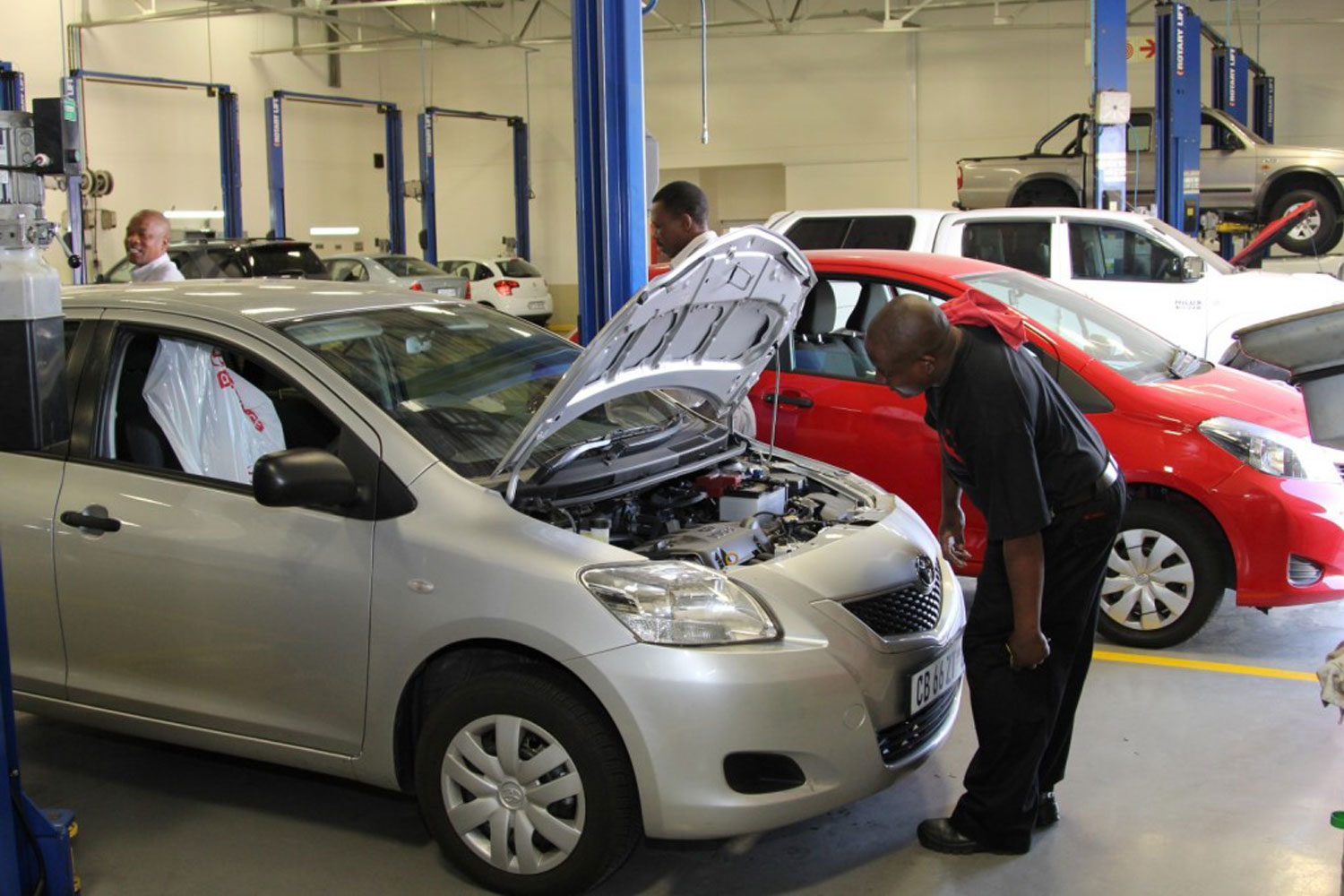"Motorists who do not have car hire cover on their motor insurance policies should include this cover as a matter of urgency."

Motorists whose vehicles get damaged in accidents or other incidents are facing long potential delays in the repair of their vehicles because of “an acute shortage of motor body repair components”.
This is the warning from the SA Motor Body Repairers’ Association (Sambra), which represents almost 1 000 motor body repair businesses that account for more than 80% of all insured repair claims in the country.
Sambra national director Richard Green said on Monday they have received notifications from several original equipment manufacturers (OEMs) advising that these supply constraints will continue for many months.
Green said the component shortage is totally out of the control of Sambra members.
Lockdown impact
He said multiple factors have contributed to the shortage, including the hangover from the Covid-19 lockdowns, the fact that large manufacturing entities had to almost shut down for a period, with some going out of business, and the rationalisation process that almost occurred among suppliers.
“Then there is ‘a live’ economy suddenly again with demands returning back to pre-Covid-19 levels.”
Green said there is also a shortage of metal around the world, including steel, apart from the well-known shortage of semiconductors.
He said these supply constraints have also affected the production of alternative parts and Sambra is finding that this has had a knock-on effect on the quality of available alternative parts.
Green said the shortage has been exacerbated by dramatic increases in the cost of international cargo container logistics, which has increased four-fold over the past 12 months.
‘Plan for delays’
He strongly suggested that motorists who do not have car hire cover on their motor insurance policies to include this cover as a matter of urgency because it is inevitable that vehicle repairs will take far longer than normal while manufacturers struggle to restore the parts and component supply chain.
Green said it is impossible to specify the components that are in short supply because it varies from OEM to OEM.
“It really depends on what kind of car you are driving as to how badly you will be affected. It ranges from the semiconductor issue right down to a basic part which Mazda, for instance, says in some cases will take three months to supply.
“Mazda is the only one that has admitted to me that in some cases there is at least a three months waiting list,” he added.
ALSO READ: R20m investment in producing that valued commodity: chocolate
Supply chain disruption
National Association of Automotive Component and Allied Manufacturers (Naacam) executive director Renai Moothilal confirmed that a multitude of supply chain challenges are making it difficult to ensure the full availability of stock requirements, whether it is in the aftermarket or even at platform level at some OEMs.
Moothilal said it is something that has been managed for a fairly extended period but started to intensify from the second half of last year.
“At present, the biggest challenge post the flood situation in KwaZulu-Natal has been the impact of some of the logistics stoppages that come through the Durban port.
“That has been a really important factor in the auto sector in the past two and a half weeks,” he said.
Moothilal said general sentiment is that supply chains, especially in terms of global supply, have been a challenge in the sector – but they are hopeful that towards the end of the year, a lot of these challenges will start making their way out of the system.
“But a shock like we have seen in the last two weeks, and the impact on an important harbour like the Durban port, makes it difficult to give an exact timing around when it will return to normality,” he said.
Moothilal said each OEM has its own specific global supply chains and the specific parts that are in short supply vary between the different OEMs.
Mikel Mabasa, CEO of automotive business council Naamsa, said there are various reports from different OEMs about some challenges with the availability of certain components and products in the market.
Mabasa said these shortages are due to the current supply chain challenges caused by Russia’s invasion of Ukraine and the “slowdown in terms of supply chain availability of stock from the Durban port and so on”.
This article originally appeared on Moneyweb and was republished with permission. Read the original article here.
Support Local Journalism
Add The Citizen as a Preferred Source on Google and follow us on Google News to see more of our trusted reporting in Google News and Top Stories.






